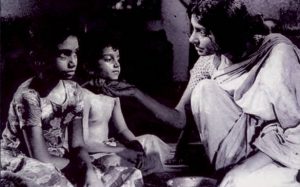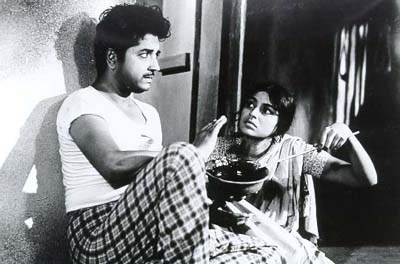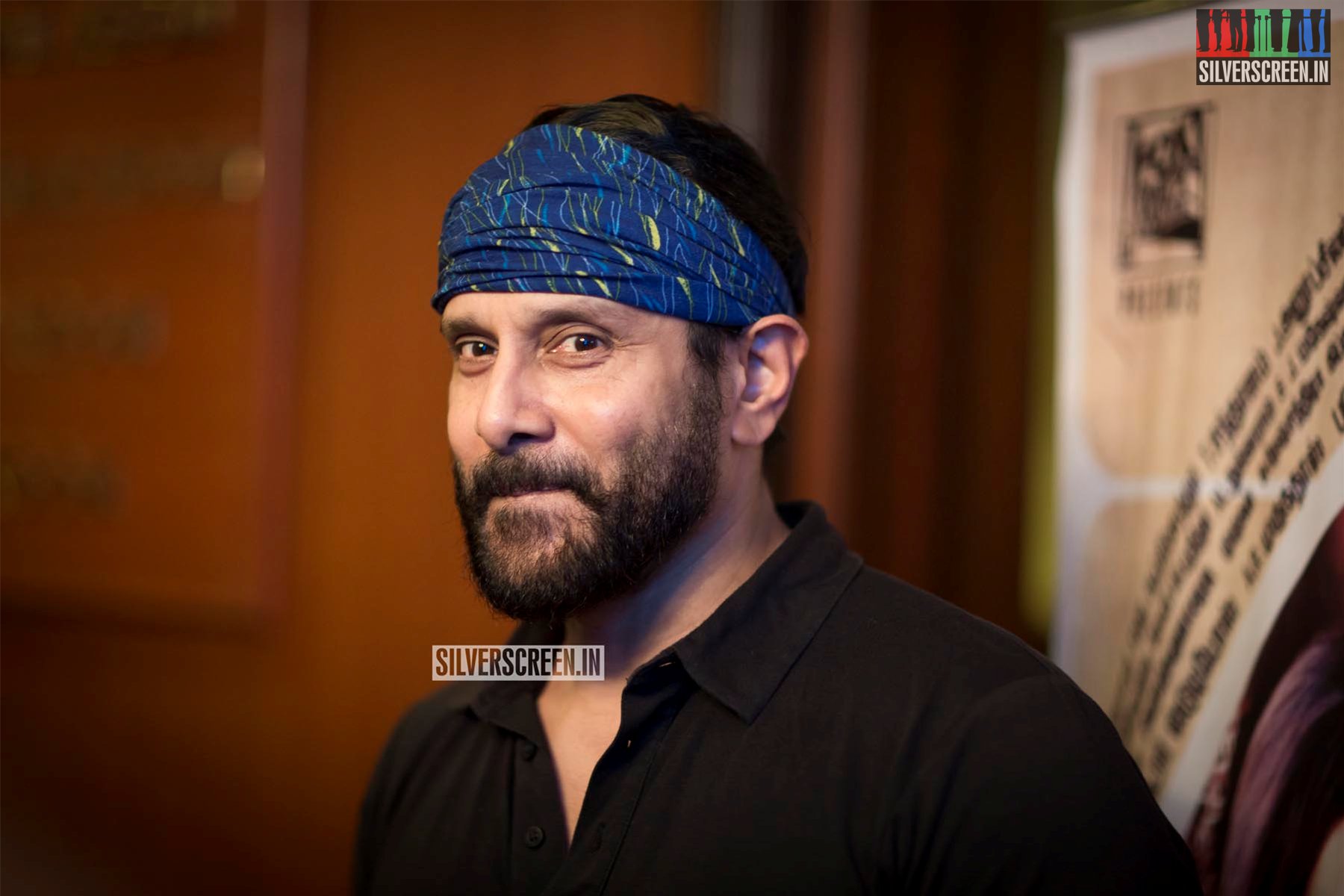Fifty years ago, when Malayalam cinema was on the cusp of a change, cinematographer-filmmaker A Vincent made Thulabharam, a hard-hitting social drama centred around the struggles of the working class. The film, adapted from an acclaimed play written by Thoppil Bhasi and performed by the famed KPAC drama troupe, narrated the tale of a woman accused of killing her three children.
The film bagged the National Award for the Second Best Feature Film that year, and actress Sharada won an Urvashi award for best actress at the national level; bringing the award for the first time to Malayalam cinema. She would win the award again four years later, for her performance in Adoor Gopalakrishnan’s Swayamvaram, regarded as the movie that launched a new wave in Malayalam cinema.
Thulabharam is staunchly anti-capitalist, a feature of the works of Thoppil Bhasi, who was closely associated with the communist movement in Kerala. The influence of theatre is evident is the dialogues as well as in the film’s rich soundtrack that consists of seven classic songs composed by Devarajan master and written by Vayalar Rama Varma. But, Thulabharam was also far ahead of its time in terms of technical excellence. It was shot by P Bhaskar Rao at Vikram Studios and AVM Studios in then Madras.
The entire movie is narrated in flashback, and begins in a court room scene. A woman is being tried for killing her children. The public prosecutor, a sprightly woman named Valsala (Sheela) argues that the accused deserves the death sentence. We only see the shadow of the accused on the wall, and then get a Bresson-ian shot of her trembling hand clutching the wooden rails during an emotional outburst. The film then moves to a flashback sequence, and you finally ‘see’ her; a spirited young woman happily dancing to “Bhoomi devi pushpiniyaayi“, a melodious number.

thulabharam
In Thulabharam, Nazir plays one of the best roles in his career, that of an earnest trade union leader who fights the factory management for minimum wages and the basic rights of workers. At home, he is a happy family man, head over heels in love with his wife whose belief in communism is as firm as his. The greedy factory owners reject the workers’ demand for adequate wages, and when Ramu protests, he is murdered. Ramu is deemed a martyr, but it is Vijaya and the kids who have to bear the brunt of the idealistic stand Ramu took for the collective good of society.
The film’s portrayal of starvation and poverty is similar to Satyajit Ray’s Pather Panchali. In one of the most important scenes reminiscent of Victor Hugo’s Les Misérable, a cafeteria owner mercilessly burns the kids’ face with a hot ladle. Vijaya breaks down in fury and grief. She feeds the children poison to end their suffering, and attempts suicide. Sharada’s portrayal of Vijaya is heart-wrenching, and at par with Nargis’ in Mother India, a revolutionary film that redefined the representation of women in Indian cinema.
In hindsight, Thulabharam was way ahead of its time; daringly progressive in a plethora of aspects. In one of the initial scenes, Thikkurrissi Sukumaran Nair, who plays Vijaya’s father, shuts down Valsala’s driver who obsessively talks about women’s lingerie, referring to them as ‘those items that cannot be named’. He tells the girls, “He is just a pathetic perverted old man.” Interestingly, Malayalam cinema continues to use lingerie, sanitary napkins and menstruation to create cringe-worthy humour. In Chunkzz (2017), one of the comedy scenes involves a young man going to a pharmacy and asking for a packet of sanitary napkins.
Recommended
Menon is the kind of father who coolly says that his daughter should take care of herself, and not depend on him for matters such as her wedding. “It’s not my responsibility to find her a consort. Let her marry the person of her choice,” he says. In another instance, Valsala, who is friends with Vijaya before they grow apart, takes on her father, a greedy advocate, for swindling Menon’s money, and refusing to help Vijaya after his death. He asks her to shut up, and she snaps, “Oh, isn’t the girl who dares to speak out the truth always deemed as arrogant?” Fifty years later, the woman who raises questions continues to be frowned upon and cornered on screen and off screen.
In the five decades that have passed, Malayalam cinema moved from monochrome to color and film to digital, produced two generations of male superstars, won numerous national and international awards, and made a movie that entered the coveted Rs. 100-crore club. Yet, it lacks the courage, as an art, to raise pertinent questions – something that came naturally for filmmakers and writers such as Thoppil Bhasi and Vincent.



